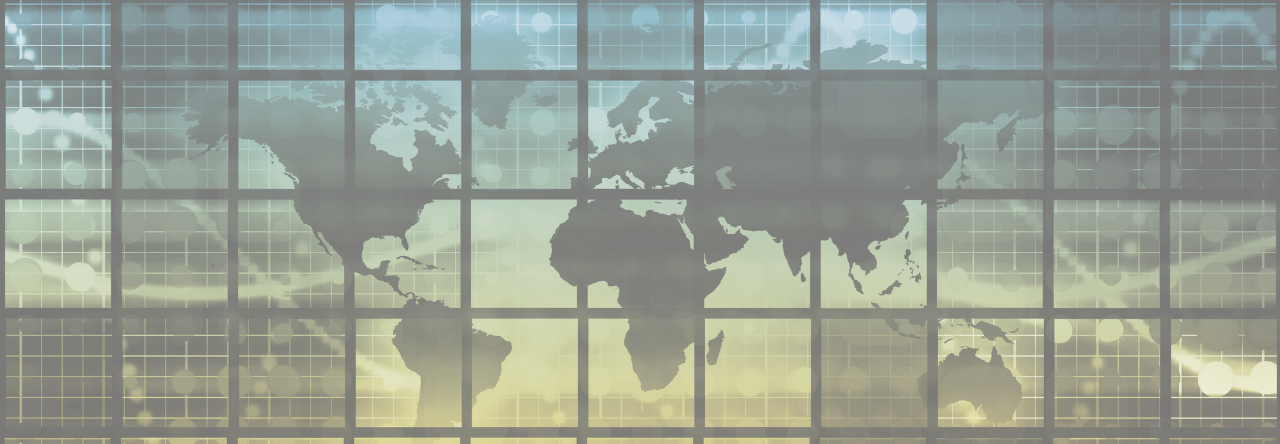This article is the English version of Roman Kuźniar,
« Sur la Russie : penser européen », published in Politique étrangère, Vol. 85, Issue 1, 2020.

Physicists tend to say that their discipline is a burial ground of misconceived theories. It is quite similar with European countries’ attitude towards Russia. There have been many ideas and good intentions, but most failed. This also pertains to Polish conceptions, of which there have been many. Their failure resulted from the fact that they would usually be situated in the sphere between illusion and wishful thinking. Illusion refers to the assessment of the nature of Russia’s politics, whereas wishful thinking refers to that which could be achieved in politics towards Russia if we live up to the country’s expectations. This was the case for the first two decades after the collapse of the Soviet Union and the reappearance of Russia on the European geopolitical scene.





Vous devez être connecté pour poster un commentaire.